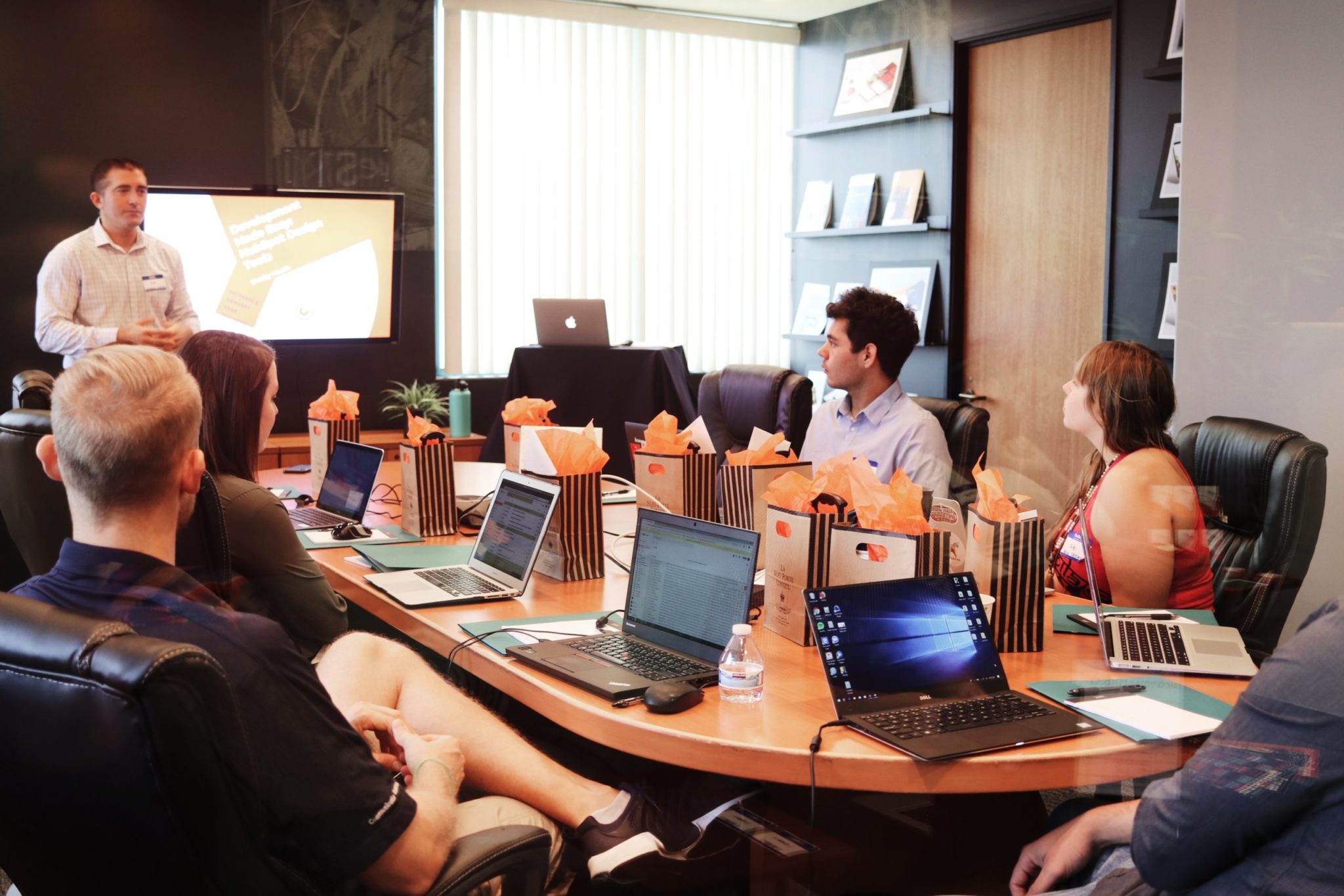
What's next?
So you’re approaching the end of your studies and, having realized that you need to ‘boost’ your resume with some practical workplace experience, you have lined-up an internship to round-out your education. Fantastic! But have you thought about what will happen when the internship is finished?
Many soon-to-be graduates forget the importance of practical experience in kick-starting their career but simply completing an internship isn’t the solution to inexperience. As with all things in life, planning several steps ahead is key to unlocking the potential of your studies and starting your career on the best footing possible.
Fail To Plan, Plan To Fail
The first step in your planning is to remember the purpose of doing an internship: an internship is a means to an end, and that end is your first career-relevant full-time job. Keeping your eyes on the prize will focus your thinking and help your thinking and help you maximize the opportunities that an internship will present, making sure that everything is geared towards moving into employment.
Now that your vision is firmly locked on target, here are some ways to squeeze your internship for every drop of advantage:
1. Up-skill into career-relevant skills. Every industry has a universal set of skills that you need, whether it be the ability to use specific software or understanding how to navigate a particular bureaucratic process. Demonstrating this knowledge is a critical way to get an advantage over people without practical experience. Once you’ve found these skills, your internship is the best time to practice them!


2. Learn your market. Find out who the trendsetters are, which companies specialize in what areas, in which fields there are (and are not) strong innovators, and other localized industry information. This kind of knowledge is something you will only pick-up by involving yourself with your host company and it will give you a fundamental understanding of how your industry operated over the long term.
3. Find out where your industry is going. Obviously, if you’re looking to your future career then you need to know what the future will look like! Understanding what’s changing and what might be around the corner will give you an advantage in your learning, guiding you to what skills to pick-up to be ready for ‘tomorrow’ and showing employers that you have a forward-thinking market.
How to expand your network:
4. Form strong professional relationships with your workmates. The people you intern with will be the ones to start your network, so make sure those relationships are strong! The ability to get along with people is particular important in Australia where we value affability over skills. if you struggle with this skill, don’t worry: ask your supervisor for help and they’ll give you some specific tips as to how to get in your colleague’s good books.
5. Get to know other people in the industry. This is how you ensure your long-term success in your career. Jobs, advice, healthy debate, upcoming changes: all these and more are fed through people’s networks and it is critical that you get yourself out there and meet as many as new people as you can. (This point is so important that we have devoted an entire blog article to this alone, so go read that!)

If you follow-through on each of these five points, you will finish your internship with an ‘unteachable’ advantage over graduates without practical experience. Now it’s time to put your plan into action and start building your career.

Joshua Tinner is part of the placement team at Outcome.Life. As part of this team, Joshua talks to new students and host companies every day about the importance of work-integrated learning. With several years’ experience in people-focussed industries, Josh is always up for a chat and his booming voice can often be heard echoing down Hardware Lane! Josh is a life-long student of the humanities and envisions a world where a balance exists between education making us well-rounded members of society whilst also practically preparing us for our working lives.
If you have any questions...
The Outcome.Life team are always here to answer any questions or help with any problems you might encounter during your internship.
You can contact us between 9am – 5pm, Monday – Friday at:
Phone: 03 8899 7424
Email: hello@outcome.life
Or fill in the form below and we will get back to you as soon as possible.




























